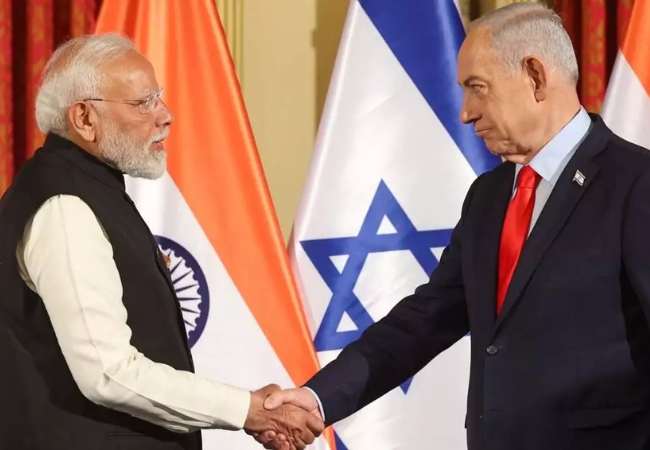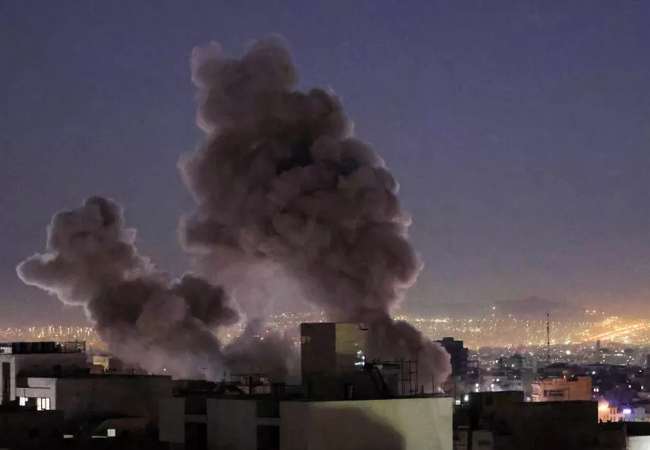Mangaluru, November 6: City Police Commissioner TR Suresh suspended Bunder police station ASI Chandrashekar in related to assaulting Ashraf Salettur accusing him of posting insulting article in Facebook.
Against a Facebook post of some people that ‘Kerala was flooded as the Supreme Court has allowed woman in her menstruation period to enter Sabarimala temple’, Ashraf had asked ‘who is responsible for floods in Tulu Nadu, the creation of Parashurama?’ This has attracted comments favouring his stand and opposing him. Based on this, Bunder police station police have booked suo moto case against Ashraf under Section 153 and 505(2) and produced him before the court on August 22. The court has remanded him to judicial custody. After one week in jail, he came out on bail. Even after his release, he was questioning the injustice he meted out from the police. But the police served him a notice on September 4 saying that you have criticized the same issue in Facebook during the bail period and asked him to appear before the investigating officer. Otherwise, the police would file a petition before the court for cancellation of bail, it was said in the notice.
Considering this issue seriously, DYFI organization appealed the City Police Commissioner and the District Minister. Following the internal enquiry, the Commissioner has suspended the ASI.
DYFI district president BK Imtiyaz said that ‘the police department has tried to cover-up the case. As the court has allowed Ashraf to appoint his advocate, the police department has suspended the ASI. But it has not taken any action against DCP crime branch and CCB police for torturing Ashraf behind the bars, which is condemnable. The investigation method of the police officers has reduced the confidence on the department, he said.
Let the Truth be known. If you read VB and like VB, please be a VB Supporter and Help us deliver the Truth to one and all.
Srinagar (PTI): National Conference MP Aga Ruhullah Mehdi on Monday criticised Jammu and Kashmir Chief Minister Omar Abdullah for failing to "condemn" the assassination of Iranian Supreme leader Ayatollah Ali Khamenei.
Mehdi said if Abdullah cannot find the courage to condemn the assassination of Khamenei, his words of concern for the situation in the Gulf country have no value for the people who followed and respected the Supreme leader of Iran.
"While going through Tweets and statements, I found that he is "concerned" and falls short of condemnation, let alone a word of tribute," Mehdi said in a post on X without naming the chief minister.
The Lok Sabha member from Srinagar constituency, who is in an estranged relationship with the ruling National Conference, said if Abdullah does not have the courage to condemn the act of aggression against a sovereign nation, he should keep his concern to himself.
"If you cannot find the courage to condemn an act of aggression against a sovereign nation and assassination of a highly respected religious figure who is widely followed by your electorate and fellow citizens, because the people in power in the centre you are trying to cosy up to will get upset- Keep your "concern" with yourself," Mehdi added.
The chief minister on Sunday said he was deeply concerned about the unfolding developments in Iran, including the killing of Iran's Supreme Leader, Ayatollah Ali Khamenei.
"I appeal to all communities to remain calm, uphold peace, and avoid any actions that could lead to tension or unrest," he posted on X.
National Conference issued a statement attributed to party president Farooq Abdullah in which he condemned the killing of Khamenei in joint strikes by the US and Israel.
"(Farooq) Abdullah has strongly denounced the act, describing it as a tragic and destabilising development with serious implications for peace and stability in the region," the National Conference said in the statement.
While going through Tweets and statements I found that he is “concerned” and falls short of condemnation let alone a word of tribute.
— Aga Syed Ruhullah Mehdi (@RuhullahMehdi) March 1, 2026
If you cannot find courage to condemn an act of aggression against a sovereign nation and assassination of a highly respected religious figure…


_vb_08.jpeg)


